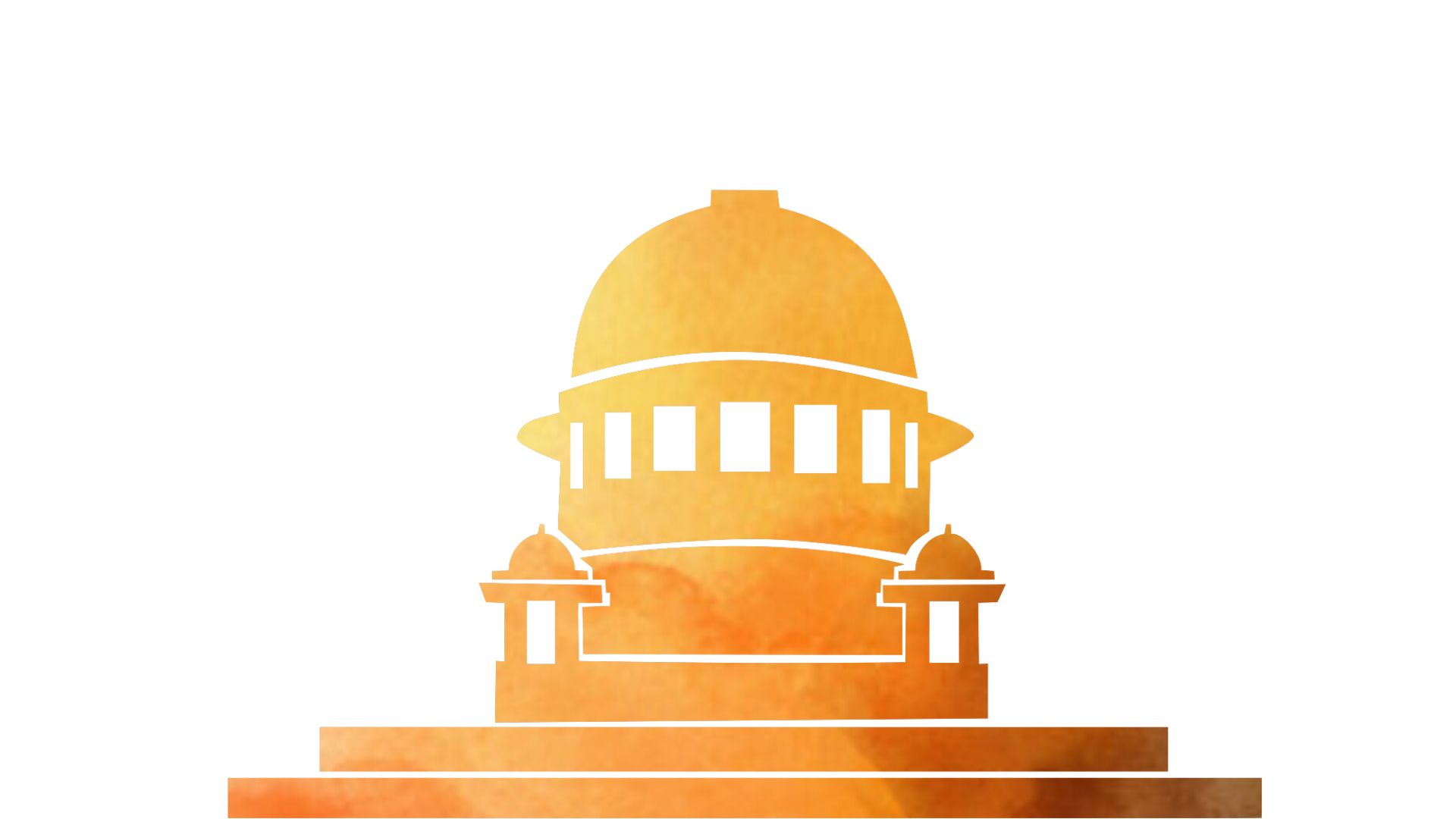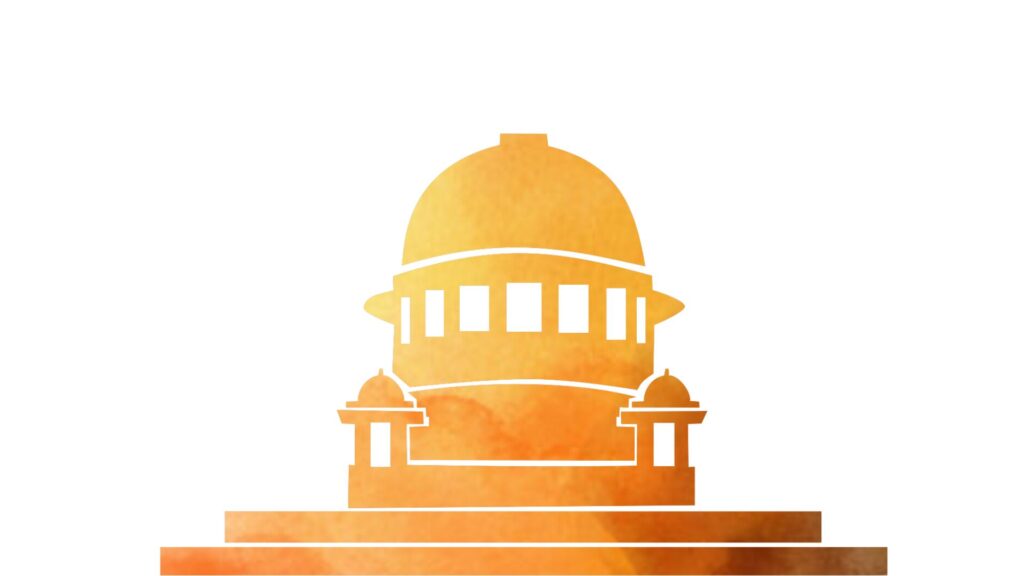
06 May Supreme Court Refuses to Hear MSEs’ Plea Challenging 45-Day Payment Rule under Income Tax Act

The Supreme Court’s decision on Monday (May 6) to decline hearing a plea filed by Micro and Small Enterprises (MSEs) challenging the 45-day payment rule under Section 43B(h) of the Income Tax Act has significant implications for both MSEs and buyers.
Background
Section 43B(h) of the Income Tax Act imposes strict guidelines on the credit extension practices of MSEs. It prohibits MSEs from offering credit to buyers for a period exceeding 45 days and mandates that dues owed to MSEs must be settled within this timeframe.
Federation of All India Vyapar Mandal’s Petition
The petition challenging this provision was filed by the Federation of All India Vyapar Mandal, representing the interests of MSEs nationwide. The plea sought to contest the stringent payment rule, highlighting its impact on the financial operations of MSEs.
Implications of Section 43B(h)
The enforcement of Section 43B(h) carries significant consequences. Failure to clear dues within the stipulated 45-day period results in penalties. Buyers who default on payments within this timeframe face compound interest at a rate three times the bank rate prescribed by the Reserve Bank of India (RBI). Furthermore, such defaulters risk being unable to deduct payments to MSEs from their taxable income.
Significance of SC’s Decision
The Supreme Court’s refusal to entertain the plea holds immense significance. By directing MSEs to seek relief from the High Court, the SC has indicated its stance on the matter while allowing MSEs the opportunity to pursue legal recourse through an alternate channel.
Direction and Liberty Granted by SC
The SC’s decision to grant permission for the withdrawal of the petition and provide MSEs with the liberty to pursue their case in the HC underscores the importance of legal avenues in addressing grievances related to financial regulations affecting MSEs.


No Comments